
Bears are one of the most exhilarating animals to hunt, and while safety should always be your priority when hunting, it is especially important while bear hunting. These massive animals can seriously harm or kill humans if safety warnings are disregarded. We sat down with Jason Peterson of Into the Wild TV to talk about what you should do if a bear become aggressive towards you and steps you can take to prevent yourself from falling victim to a bear attack.
Jason, a third-generation bear outfitter guide, has been hunting bear all his life in Saskatchewan, Canada. He has been outfitting hunters for over 20 years and guides 30-50 hunts per year.

What do you do to prepare for a hunt?
It depends on what area you are hunting. If you are in British Colombia or Western Alberta, you’ll most likely be spot and stalking bears and your physical fitness and endurance becomes an important part of the preparation process. In Eastern Alberta and Eastern Canada, most hunts are baited, and I spend a good amount of time making sure our baits are in the right area.
Are bears aggressive towards humans?
Not generally. The most common types of bears I see being aggressive are sows with young cubs or wounded bears.
What makes bears feel threatened or more likely to become aggressive?
If you get yourself between a sow and her cubs, the sow will feel threatened and work to eliminate the threat (you!). Other than that, low food supply is cause for grumpy bears. Bears will scavenge for just about anything, but if mother nature isn’t providing, bears are more likely to become aggressive.
What should a hunter be cautious of in bear country?
Hunters should be cautious in general in bear country. If you are in bear country, bears are all around you, even if you don’t see them. There have been times when we go days without seeing bears, and as soon as we put out bait, we see six or seven in a short period of time. They are always there. Look for signs of bear, like scat and tracks, and always avoid sows and cubs.
What should you do if a bear notices you?
A bear will almost always notice you before you notice a bear, and they will usually run in the opposite direction. These animals are more curious than anything. Let the bear know you are there and they will back down.
What do you if a bear approaches you?
Again, they are still probably curious. If they aren’t showing any signs of aggressive behavior, don’t become frantic, just be cautious. Let the bear know you are there. Stand up tall, make some noise, and slowly back off. The worst thing you can do is turn and run because this evokes a “predator and prey” mindset in the bear. Bears can run up to 35 miles per hour, so don’t try to outrun one. If you are up in a tree stand, make some noise and alert the bear that you are there. Sometimes we will keep handfuls of rocks with us to throw down at any bears trying to climb up our tree.
How can you tell if a bear is becoming aggressive?
Look for three things: huffing, bluff charging, and popping their teeth together. A bear will take short and quick breaths when they are starting to become aggressive. They will fake a charge by taking two big lunges toward you and stomp on the ground with its paws or start attacking small trees. They may also display another sign of aggression, called teeth or jaw popping, which is an unusual clicking noise that comes from their mouth.
What should you do if a bear becomes hostile toward you?
Shoot! But that is not always necessary. Start by standing up and making noise. The bear is probably coming toward you because you are being still and they smell something (they see fairly well, but trust their impeccable sense of smell more). Unless you are between a mother bear and her cub, you’ll want to show a little fight. Stand up tall, throw some rocks, and make some noise.
How do you keep your campsite safe from bears?
Keep all of your groceries away from your tent. Bears are likely to go after your food so it’s important to keep your food and living spaces separate. Garbage is perhaps the biggest offender. Bears can smell for miles and miles away. If you have a few beans left in the bottom of the can or leave a little bacon grease in the pan, expect an unwanted visitor to grace your camp. The best thing you can do to keep your campsite safe is to keep your campsite clean.
Any other safety tips you have for bear hunters?
Be cautious and always be aware of your surroundings. Carry a firearm for safety should things get out of hand. If it's your first time hunting bear, consider going with a guide or an experienced friend. My last piece of advice is to stay relaxed around bears. Bears can sense fear. Stay calm and have a good hunt!


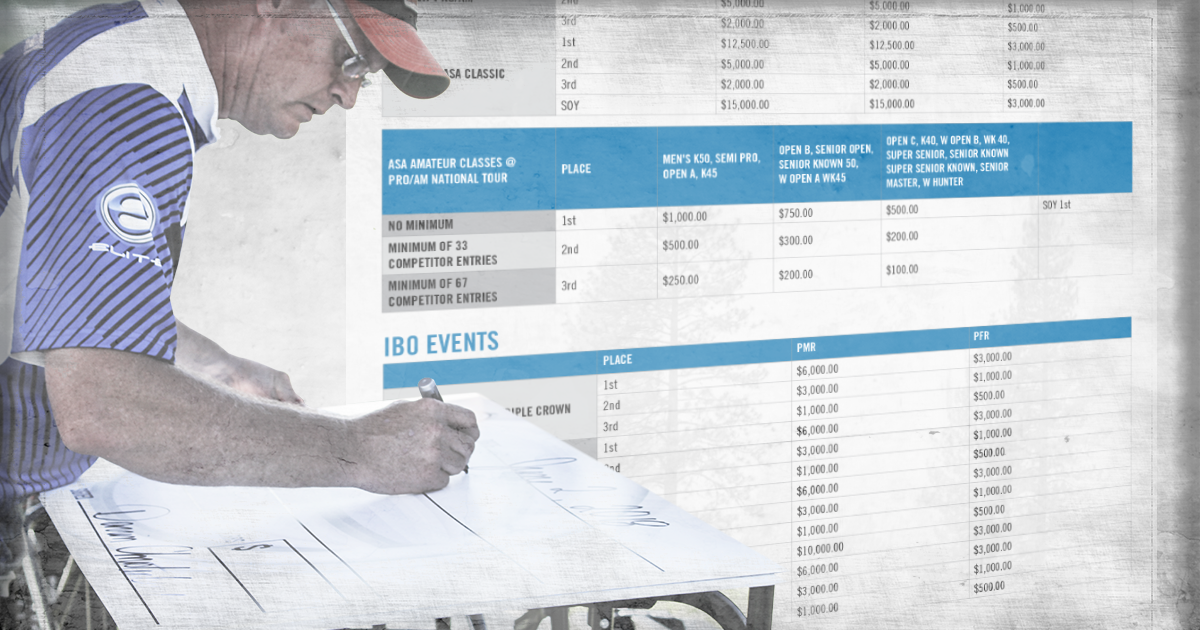
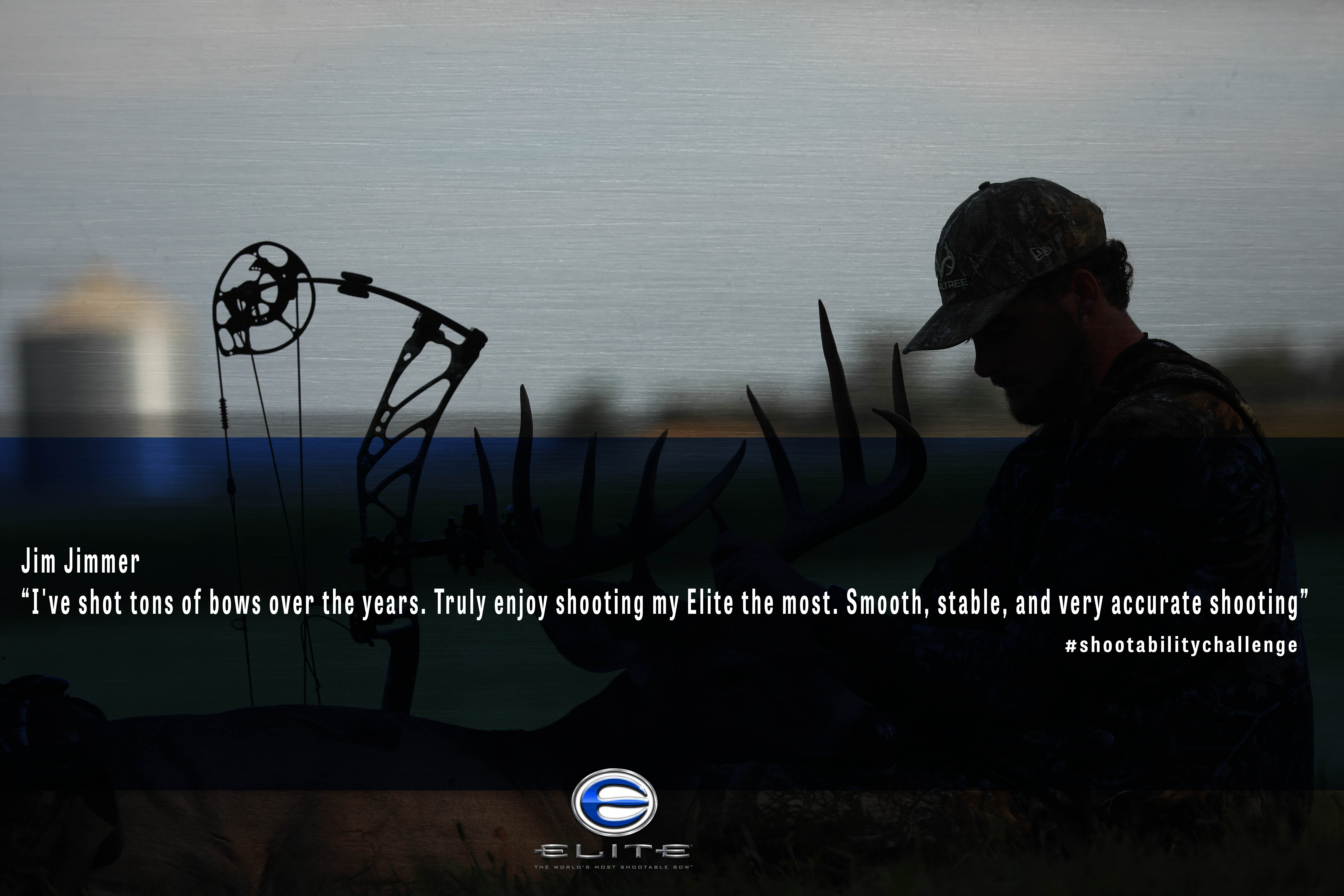

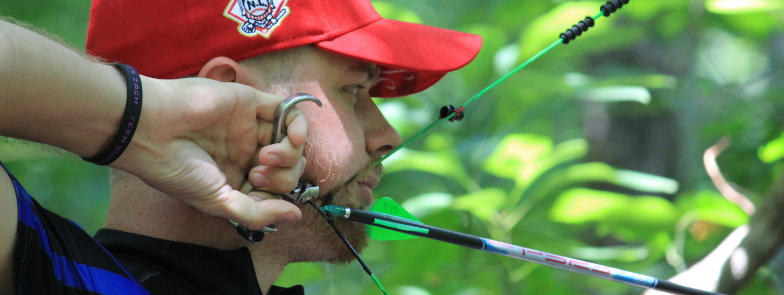
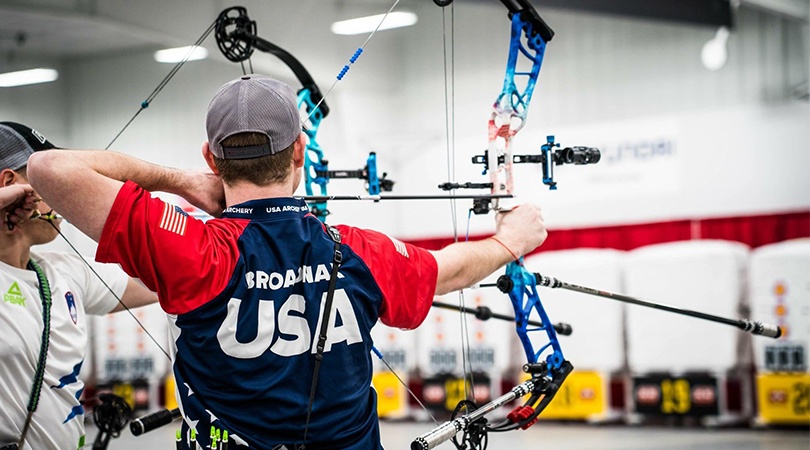
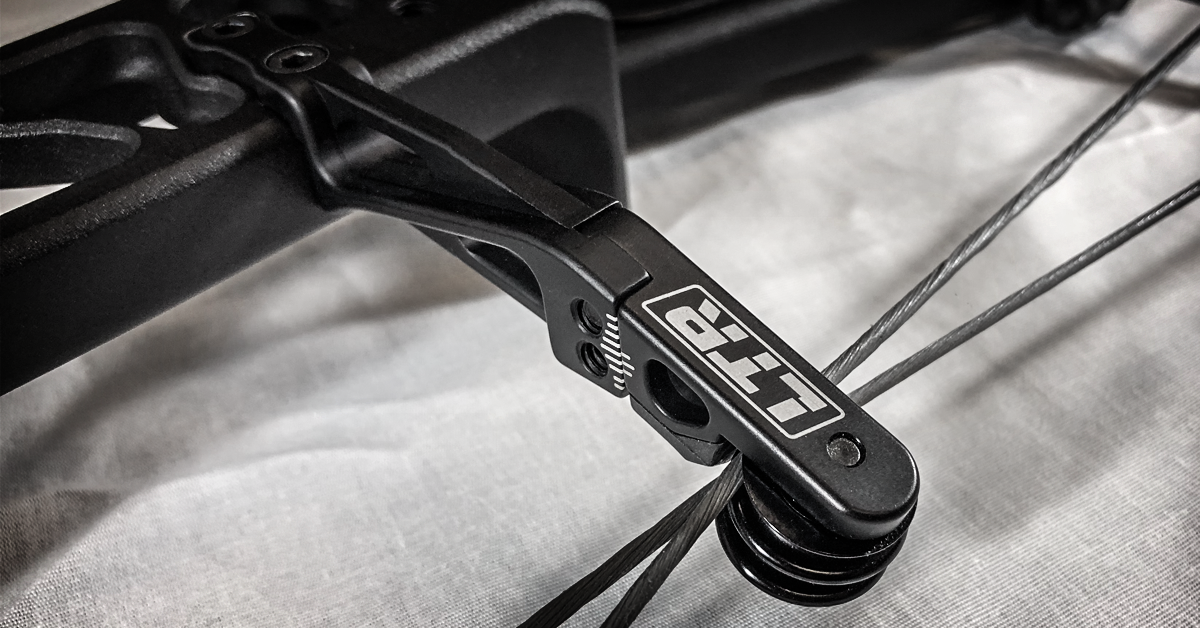

.png)
